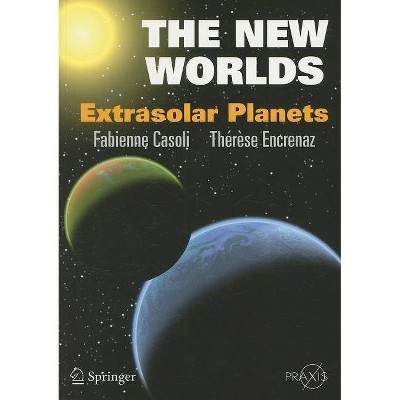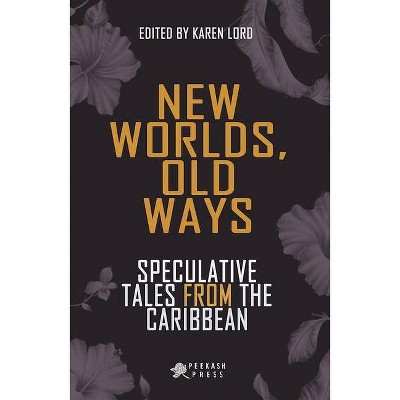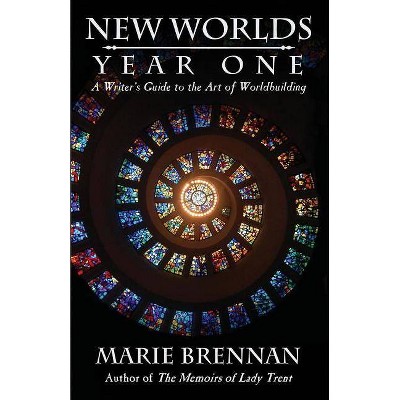The New Worlds - by Fabienne Casoli & Thérèse Encrenaz (Paperback)

Similar Products
Products of same category from the store
AllProduct info
<p/><br></br><p><b> About the Book </b></p></br></br><p>Offering an engaging story of the hunt for new worlds, this book examines the range of extrasolar planets that have been discovered during the past decade and looks at what can be learned about such planets by studying the bodies in our own solar system. </p><p/><br></br><p><b> Book Synopsis </b></p></br></br>Exoplanet, extrasolar planet, exoEarth, exojupiter: neologisms still absent from many dictionaries. These terms are, however, current among astronomers, and are heard in their answers to a question already two millennia old: are there planets like ours elsewhere in the Universe? Greek atomists such as Epicurus were convinced of the existence of an infinite number of solar systems like our own, but it was only in 1995 that a real answer began to emerge. An extrasolar planet had been detected... a planet orbiting another star... a star like the Sun. So, the solar system was not unique! By mid- 2006 more than 200 giant exoplanets had been discovered. At this rate of discovery it seems that Earth-like planets may be found within a decade. The discovery of exoplanets held some surprises, in that they exhibited very different characteristics from what might have been expected. Although most of them are gas giants of masses comparable to Jupiter's mass, as a result of the rather insensitive nature of current detection methods, why are they from ten to fifty times closer to their stars than is Jupiter? How were these 'hot Jupiters' formed? Another surprise about exoplanets is that many of them have very elliptical orbits, while the planets of the solar system have much more circular orbits.<p/><br></br><p><b> Review Quotes </b></p></br></br><br><p>From the reviews: </p> <p></p> <p>"The story ... told in this translation of a French book in vivid language and with plenty of colour illustrations, with careful, explanations of terms to make the account accessible to non-specialists. ... this book is a great introduction to the exciting topic of planetary systems beyond our own." (Fred Taylor, BBC Sky at Night, August, 2007)</p> <p>"New Worlds discusses theories of planetary system formation - what our own solar system tells us, and how that has been changed by the new systems being found today. ... New Worlds asks questions about life in the universe - how we define it, how to search for it, and where we might find it in other star systems. ... The book is recommended for astronomy and general science collections." (David White, ACADEMIA, December, 2007)</p><br>
Price History
Price Archive shows prices from various stores, lets you see history and find the cheapest. There is no actual sale on the website. For all support, inquiry and suggestion messagescommunication@pricearchive.us




















